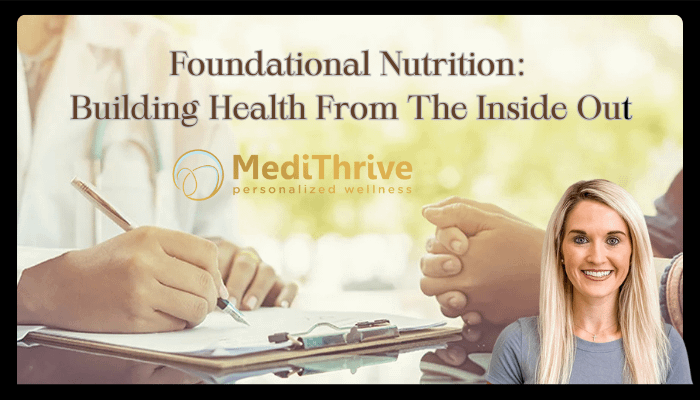
Iron is one of the most vital nutrients in the body, yet it’s often overlooked, until something goes wrong. Whether you’re struggling with chronic fatigue, brain fog, or a general sense of feeling unwell, low iron or ferritin levels might be at the root.
What Is Iron and Why Is It Important?
Iron is a mineral that plays a central role in the production of hemoglobin, a protein in red blood cells that carries oxygen throughout your body. Without enough iron, your body can’t produce the red blood cells it needs, leading to reduced oxygen delivery to your tissues and organs.
Ferritin, on the other hand, is a protein that stores iron in your body and releases it when needed. Think of it as your iron “savings account.” Ferritin levels give us a clearer picture of your overall iron status, even before anemia develops.
Symptoms and Consequences of Iron Deficiency
Iron deficiency can sneak up on you with subtle symptoms that are easy to brush off. These can include:
If left untreated, iron deficiency can lead to more serious issues like anemia, heart problems, complications in pregnancy, and weakened immune function.
Causes of Iron Deficiency
Iron deficiency can stem from several different causes, including:
It’s not always just about what you’re eating. It’s about how your body absorbs and uses iron, which is just as critical.
Testing and What to Do
If you suspect low iron may be affecting your health, the first step is testing. Comprehensive blood testing that includes serum iron, ferritin, total iron-binding capacity (TIBC), and a full blood count to assess hemoglobin levels will provide a complete overview of your levels. These markers provide a full picture of your iron status and help determine both the severity and the underlying cause of any deficiency.
Depending on your results, recommendations may include increasing dietary iron, starting an oral iron supplement, or iron infusions for quicker replenishment.
When you’re feeling unusually fatigued or not quite yourself, iron and ferritin testing is a straightforward way to uncover whether your levels may be playing a role.

Leah Griffin O’Connor – Wellness Care Strategist
Leah has deep family roots in the Lake Norman area, fostering a strong connection and commitment to her community. With a longtime interest and passion for functional nutrition and lifestyle, she holds a profound belief in the power of functional medicine.
Outside of work, she enjoys being with her family and friends, spending time on the lake, and traveling. Leah is dedicated to enhancing the patient experience and creating awareness for MediThrive’s solutions to help others unlock their wellness potential. Leah looks forward to watching MediThrive help others feel their best and thrive



